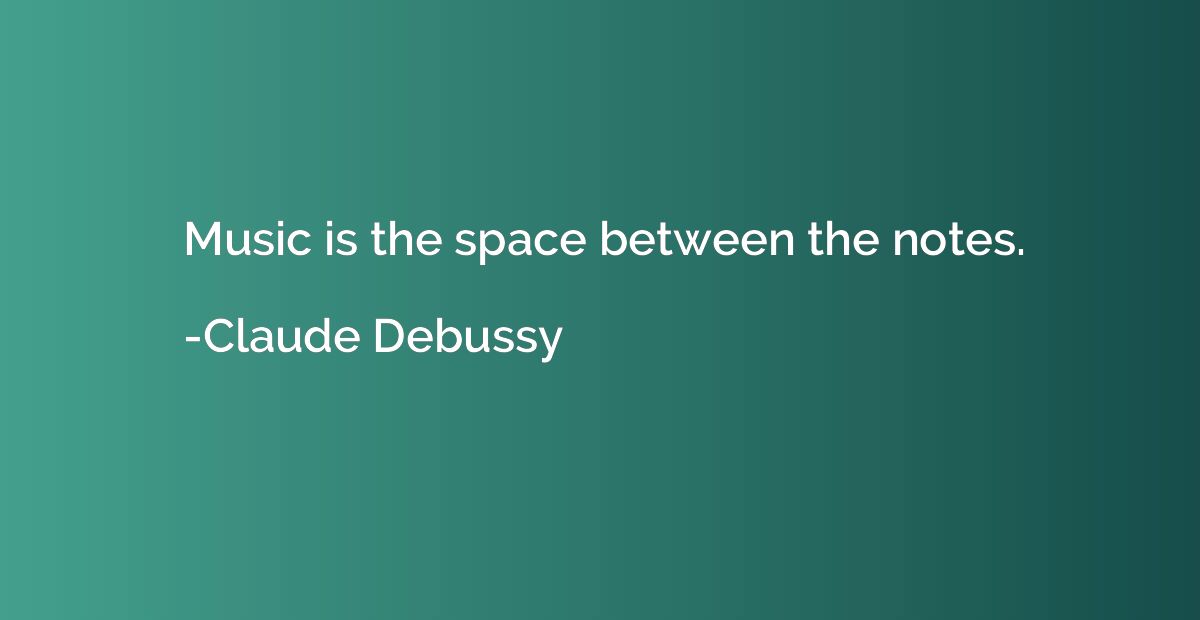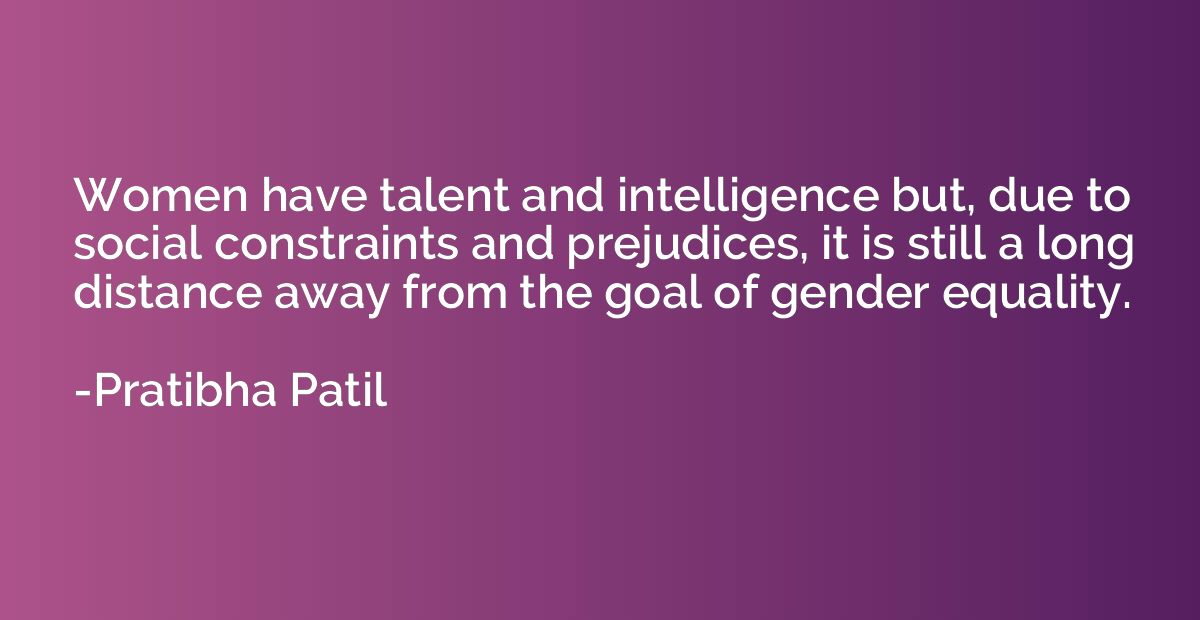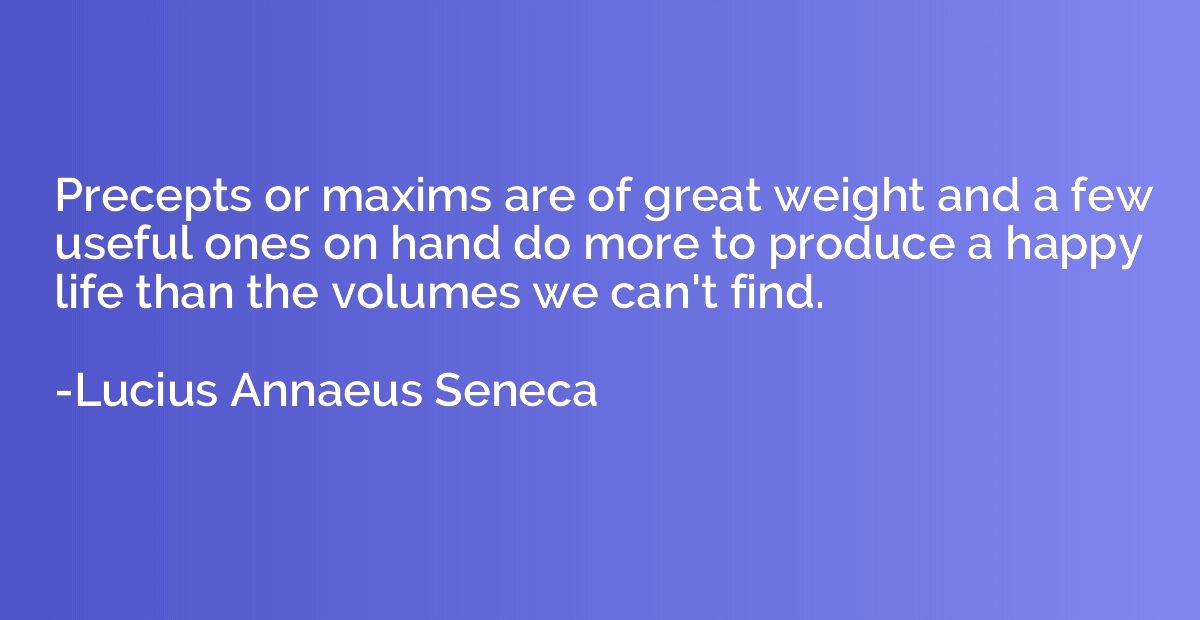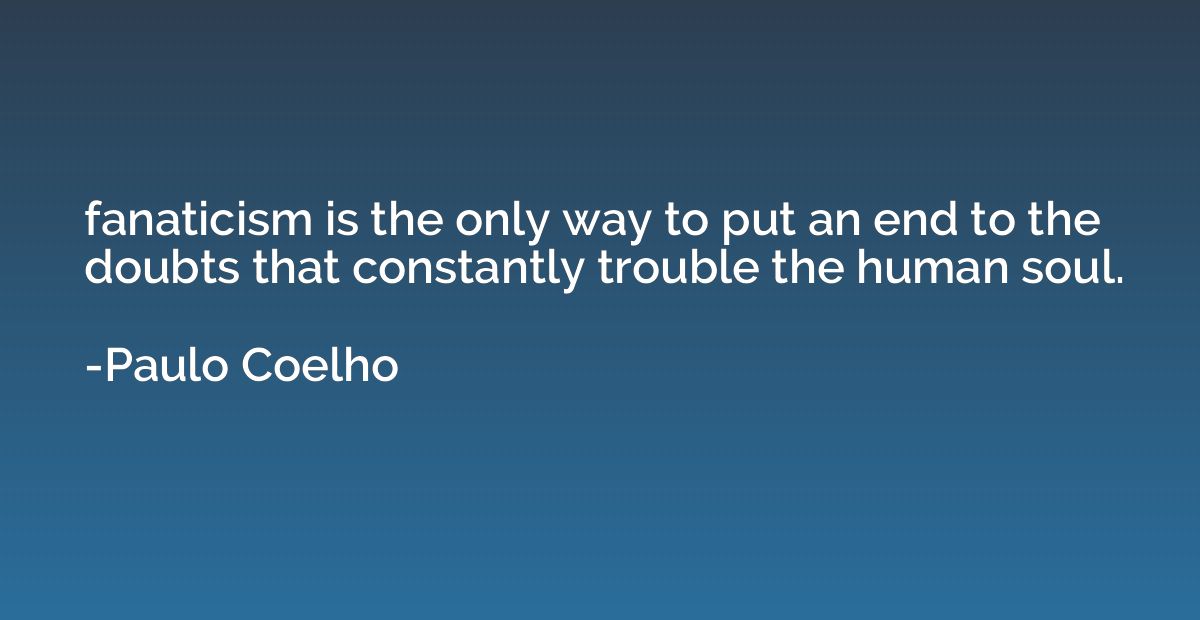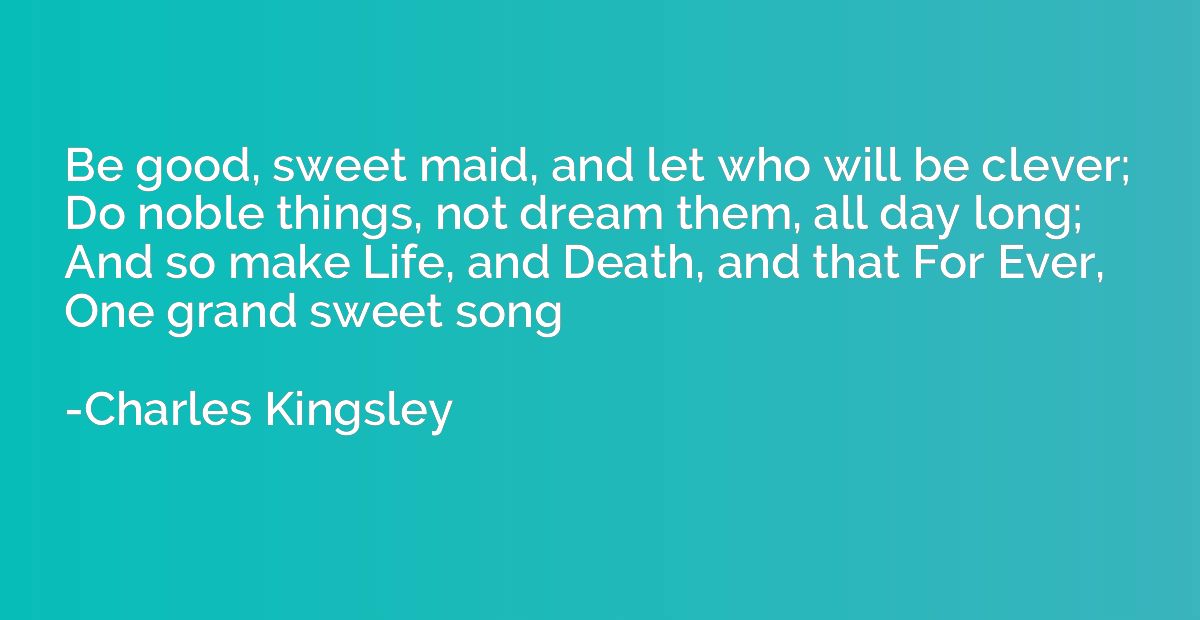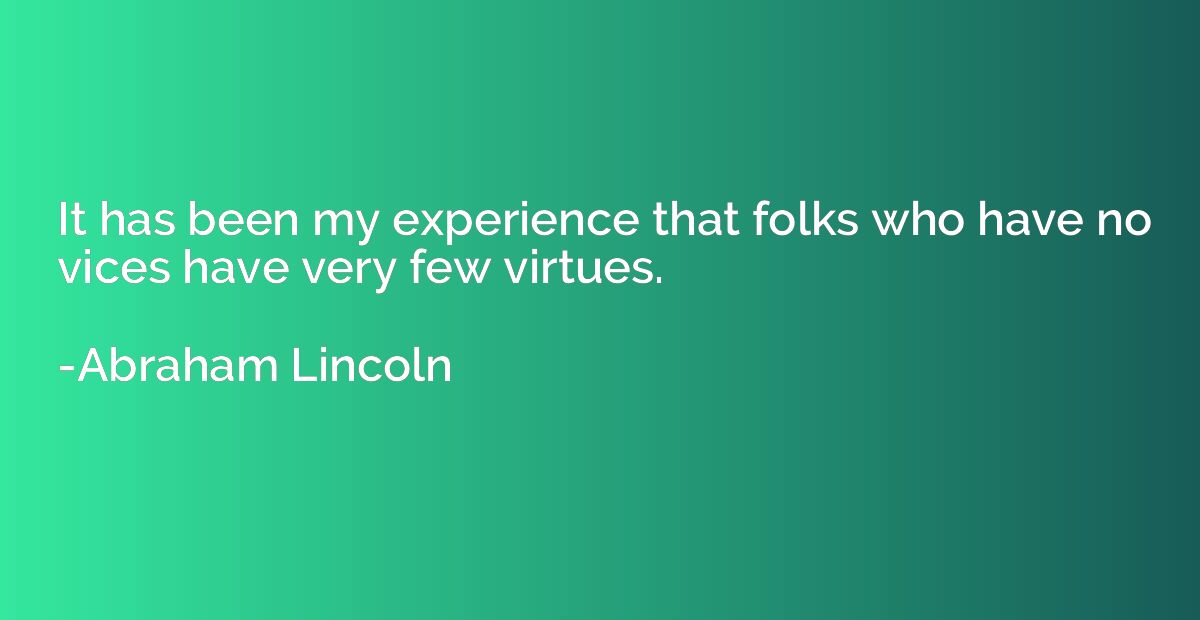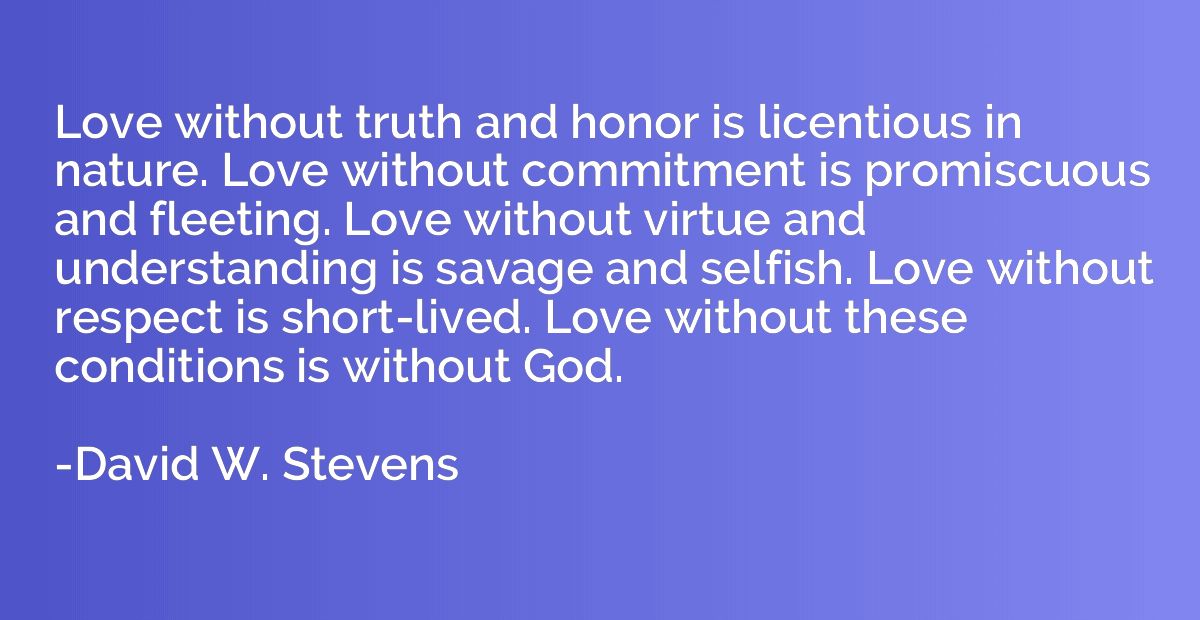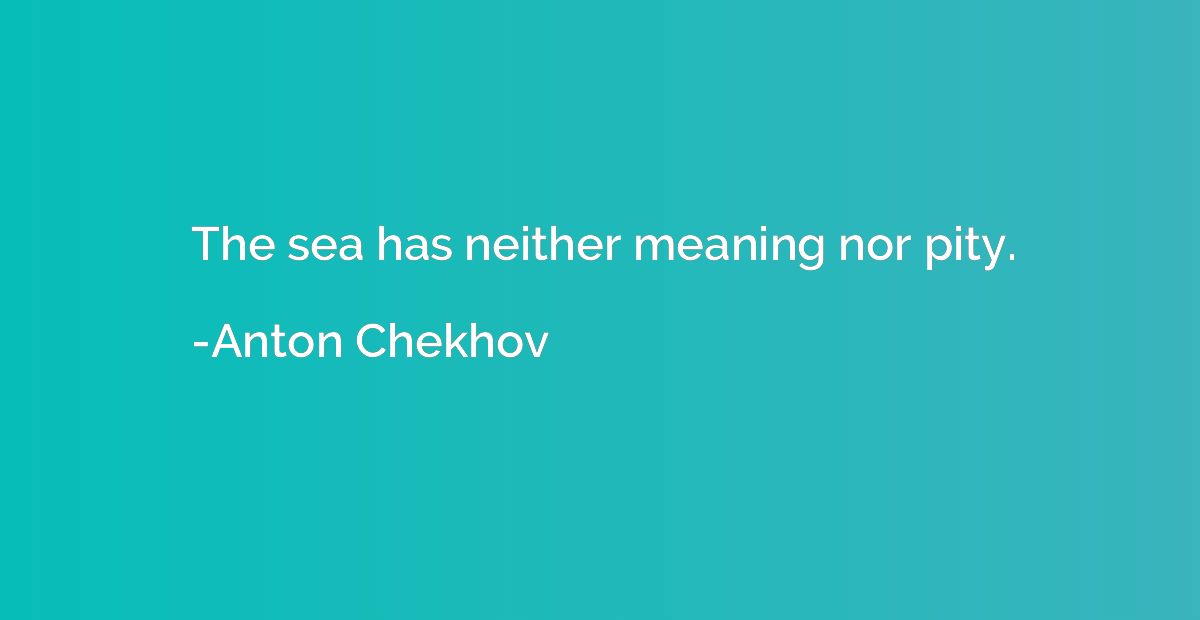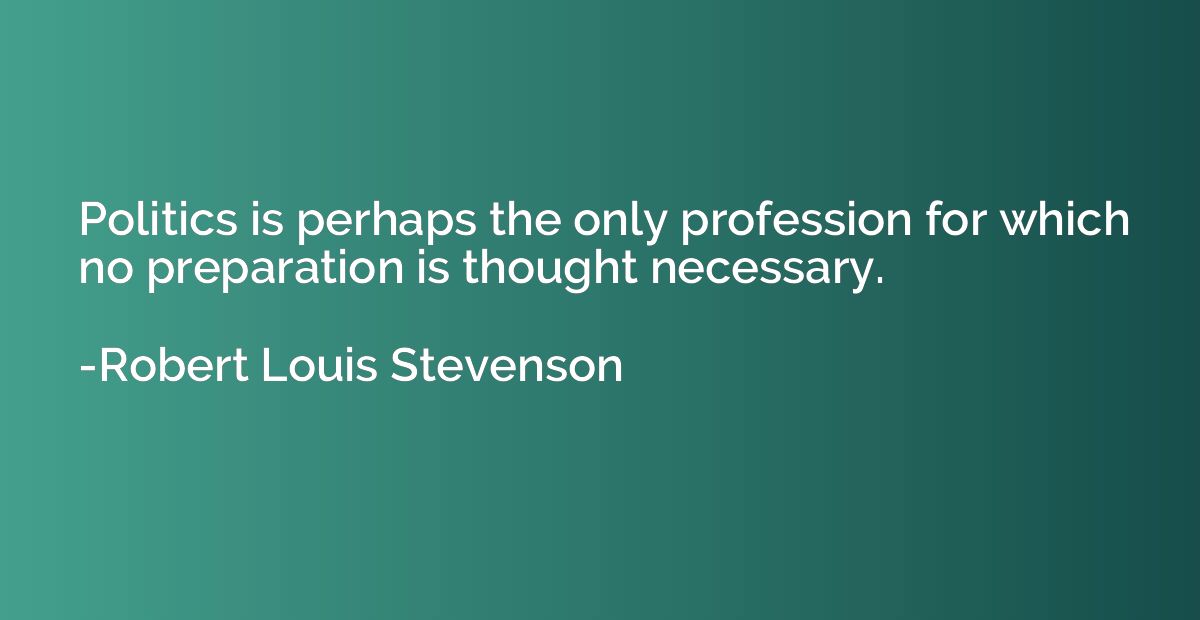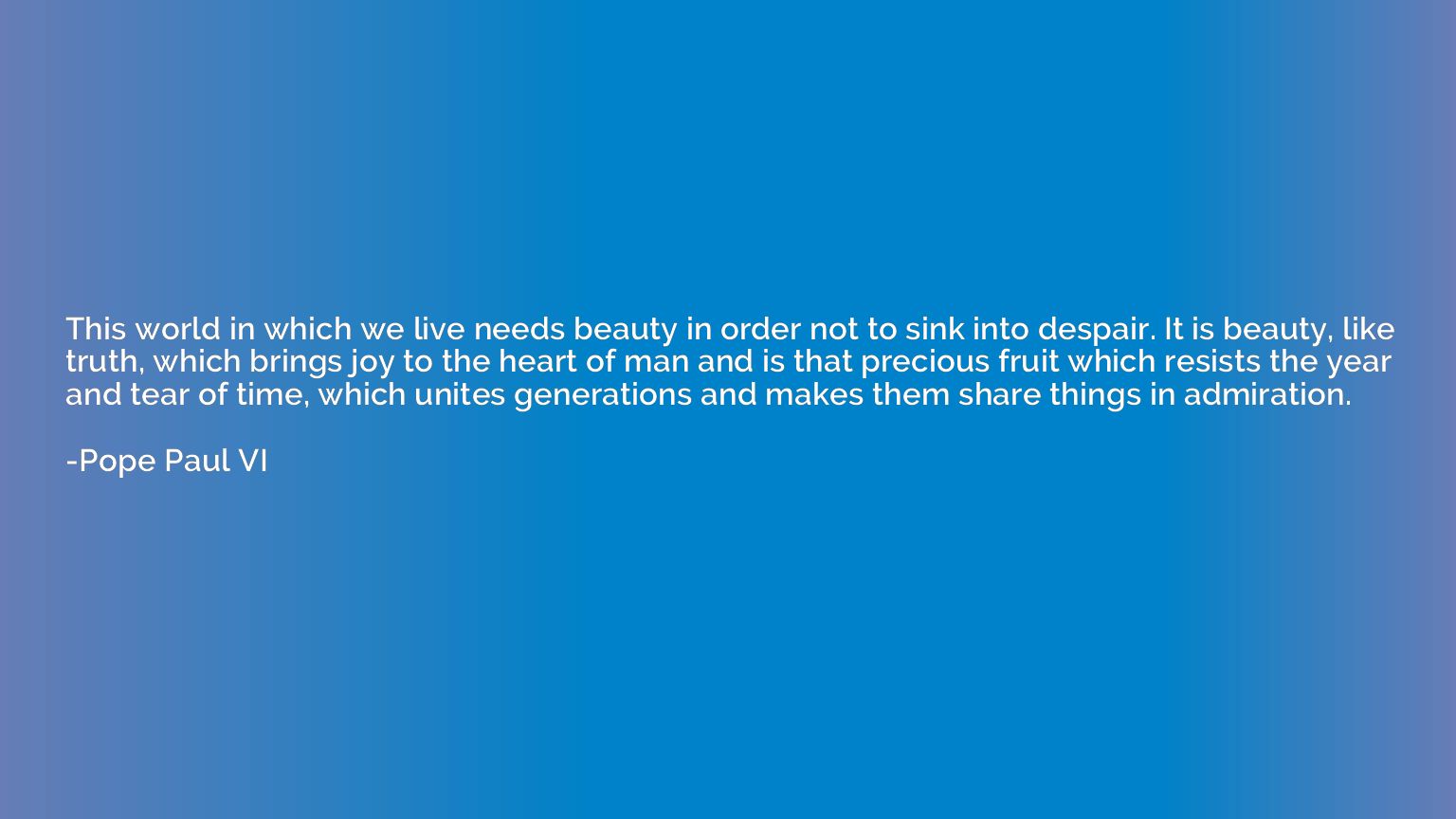Quote by Joseph Joubert
We must respect the past, and mistrust the present, if we wish to provide for the safety of the future.
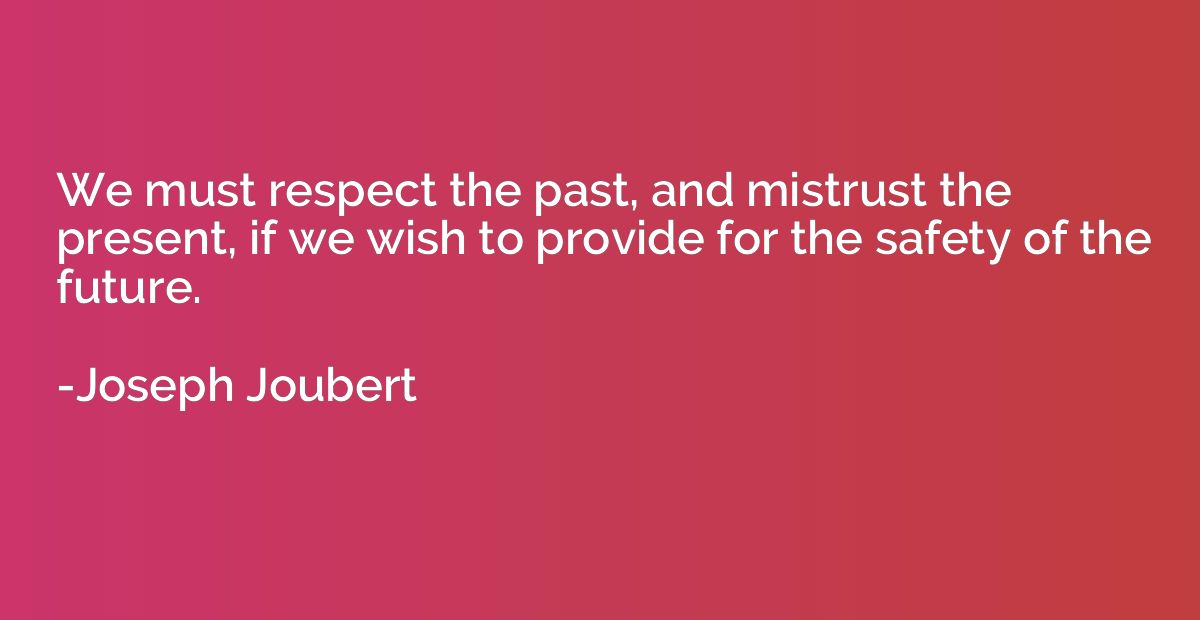
Summary
This quote emphasizes the importance of learning from the past and being cautious in the present to ensure a secure future. It suggests that we should value and understand history to prevent repeating past mistakes. Additionally, it implies that the present can be unpredictable and demands skepticism or careful analysis before fully trusting it. By respecting the past and being skeptical of the present, we can make informed decisions and take actions that contribute to the safety and welfare of future generations.



